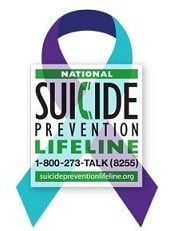- Your anger is ultimately a perception that something is unjust or unfair.
- Anger can come from your reaction to events in your world. The events don’t necessarily create the anger; your thoughts and reactions are what create the anger.
- Anger is an emotion, not a tactic. While it can stimulate you to take action, it normally does not play a role in resolving problems. In fact, left unchanged, it often becomes even more destructive.
- At times, we can become angry over criticism that we allow to damage our self-esteem. Remember: no one can damage your self-esteem but yourself. It’s how we internally view ourselves, and others’ good or bad behavior toward us should have no bearing on it. We might be embarrassed because we know we were caught doing something wrong, but then, we should own that because deep down, we know we did something wrong.
- Do not use anger as a barrier to keep others away from you.
- Self-righteous anger can be the most hurtful. Don’t be so self-indulgent as to think you have all the correct answers in the world’s list of problems. Try to see events as others would see them so you can grow in tolerance and learn to celebrate our differences.
- If you accept the fact that you control your anger, then you will realize that you control yourself. Self-discipline is a necessary part of our growth pattern.
- Anger, when left unchecked, can become an all-consuming monster, conjuring up beliefs that are far from the truth. Correcting such distortions comes when we reduce our anger.
- If you are a C student and aim to become an A student, yet fail to include behavioral changes to achieve that goal, you will frustrate yourself immensely. Make sure your goals coincide with your action-plan to ensure success.
- Revenge normally leads to more upset, and can even be illegal, depending on the circumstances. It is NEVER a good idea.
For anger counseling in Fort Worth, Colleyville, Grapevine, Southlake or Keller please visit Tracy Crain Counseling.






